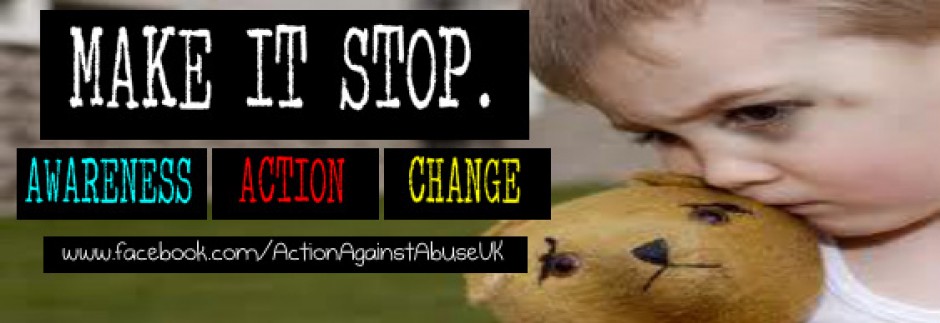Neglect is the persistent failure to meet a child’s basic physical and / or psychological needs, likely to result in the serious impairment of the child’s health and development. Neglect is probably the most common form of abuse. It is often inerrant within families; parents care for their children in the same way they were cared for because they may not know any better. Neglect is probably one of the most hidden and dangerous forms of abuse; it is a silent killer and is grossly under-reported.
External Signs of Neglect
Children who are well loved and cared for can still often be grubby through play, be wearing a t-shirt in the middle of winter because it’s their favorite or always be after food just because have huge appetites. This does not mean they are not ordinarily clean, adequately clothed and well fed. With neglect it is important to look at the wider picture rather than isolated incidents.
Signs that may give cause for concern include a child that:
· Frequently appears dirty or smelly
· Frequently appears excessively hungry and / or is small for their age
· Frequent and extreme nappy rash
· Appears unwell or has lingering ilnesses
· Doesn’t receive medical treatment including routine visits to the dentist or optician
· Is often inappropriately dressed for the weather
· Is left with inadequate supervision (or left alone) or with inappropriate carers
· Has frequent absences from school with no explanation
Behavioral Signs of a Child Suffering from Neglect
A child suffering from neglect may:
· Have repeated accidents due to a lack of supervision
· Not respond to attention
· Crave attention and affection
· Try to hoard or steal food
· Be excessively tired
· Be frequently late for school
Behavioral Signs of the Adults Responsible for or Aware of the Abuse
The adults responsible may:
· Show a disregard for a child’s safety in the home, either by leaving dangerous objects in the childs reach ( drugs, knives etc), not restraining dangerous pets, letting unknown or unsafe people in and out of the house, or not appropriately addressing safety issues such as stairs, pools and fires. Caregiver may not be affectionate.
· Neglect can occur because a caregiver is not aware of the risks, or because s/he ignores them.
· Leave children at home alone or with inappropriate carers
· Fail to seek medical help for illnesses and injuries
· Have a limited supply of food in the house
· Have a house that is usually filthy and unsanitary
· Abuse drugs or alcohol (including during pregnancy)
· Suffer depression or anxiety impacting on their ability to cope without support
The State Of Child Neglect In The UK: Action For Children
Not only is neglect potentially very dangerous and under-reported, but our present child protection system is not effective in responding to and helping neglected children, or providing the essential early intervention that prevents neglect in the first instance.
A report by Action for Children; ‘The State of Child Neglect in the UK‘, found that just 12 per cent of staff in early help services, such as health visitors and teaching assistants, are able to respond directly if they suspect a child is being neglected and many frontline professionals (29 per cent) believe their ability to intervene will become even more difficult as spending cuts continue. Staff say that lack of local services, under-funding and under-staffing are barriers to helping children at risk or suffering from neglect.
Dame Clare Tickell, Chief Executive for Action for Children said:
“It is of grave concern that one in every ten children could be suffering neglect. We know that early help has the potential to transform the lives of children and families, yet the report tells us that the public aren’t being given the know-how they need and professionals’ best efforts are being hindered by stretched budgets and a lack of resources. With more and more families struggling, vulnerable children are falling through the cracks of a child protection system that is failing some of those who need it most – sometimes with tragic consequences.”







what about numbers for Australia & other countries
Hi Debbie,
Australia abuse hotline: AUSTRALIA – 1800 55 1800
If you go here you will find international links: https://actionagainstabuse.wordpress.com/reporting-abuse-help-and-advice/
If anyone knows of any that are not listed, please let us know and we will add them. many thanks.